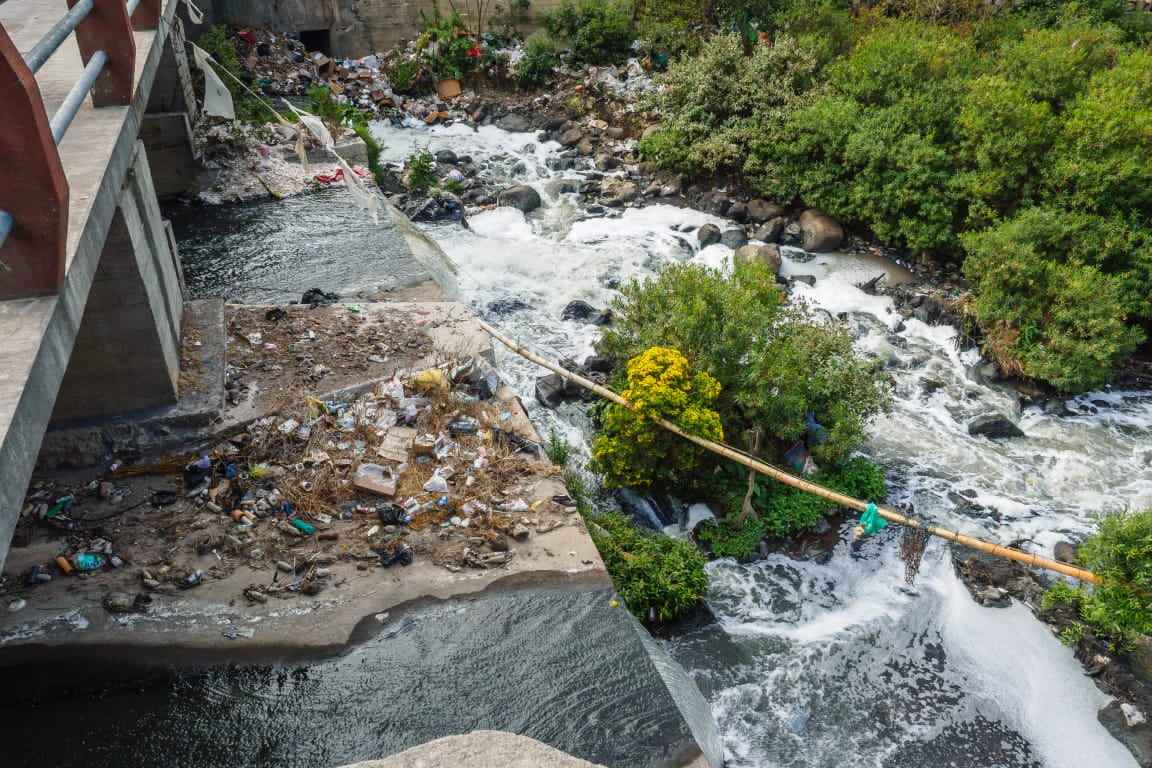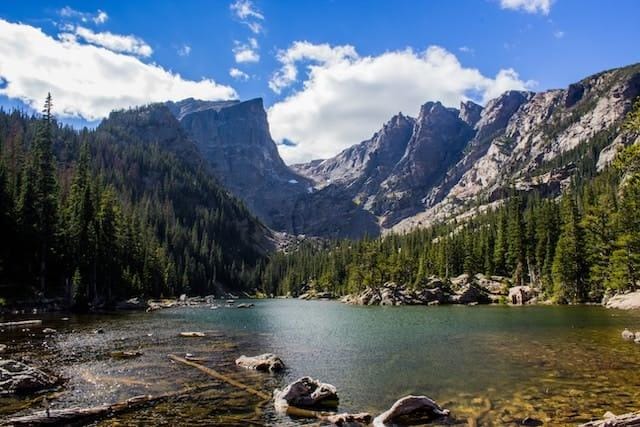By: Garang Kuot
This article asserts that humans are obligated to care for the environment that sustains human life. The relationship between humans and the environment is by far the most interesting. It is not like those relationships you have with your peers or your spouses.
Human relationships are mostly based on either implied or expressed mutual consent. It starts with identifying mutual interests followed by an agreement to pursue them collectively. I dare you to say the same thing about the Human-Environment relationship.
The human-Environment relationship is selfish, exploitative and destructive at most, especially to the environment. This is because the environment cannot directly demand its share of the bargain from the relationship promptly and perhaps protect its interest.
In any case, the environment does not expressly or even impliedly consent to that kind of exploitation.
In its constant quest to drive its own sustainability from the environment, the human species has destroyed the environment in the same irreparable ways. In this article, I argue that the environment owes its apparent pollution, destruction and the impacts of that on its ability to rejuvenate itself to the biased relationship it has with the human species.
He also shares some principle reasons why human beings should particularly protect the environment regardless of any other arguments in contrast. For example, the inability to protect or address the already inflicted damage or any political or economic reasons for inability or unwillingness to exercise the burden.
Principally, human beings should not only protect the environment but also innovate towards addressing the harms already inflicted on the environment, whether or not they are willing or able to do it.
Climate change is one of the most glaring results of environmental degradation and/or destruction. Climate change has manifested through global warming, drought, flooding, hurricane and unpredictable weather patterns leading to famine, ice melting, and extinction of species. All of these affect the human species disproportionately.
The Annual Greenhouse Gas Index (AGGI) combines the warming influence of the main human-produced greenhouse gases and compares them to the conditions in 1990.
Beginning with the Industrial Revolution in 1750, it took more than 200 years for the AGGI to reach 1 from 0 or to reach 100% while it took only 30 years for it to hit close to 1.5 or for it to add 50% in 2021. Relative to the pre-industrial time, the atmosphere by June 2021 was absorbing an extra 3.22 watts of energy per square meter of the earth’s surface.
In 2021, the AGGI hit 1.49, indicating a 49% increase in the warming influence of the Greenhouse compared to its position in 1990. (Source: 2021 AGGI Report from NOAA). The contribution of human greenhouse gases to global warming has empirically been shown to be massive. This establishes the premise that human beings are entirely behind climate change. Therefore, they must check their present greenhouse gas emissions into the environment to address climate change.
Earth’s temperature has risen by an average of 0.08ºC per decade since 1880 or about 2ºF in total since 1880. The rate of warming since 1881 is more than twice as fast, at 0.18ºC per decade. 2022 was the 6th warmest year on record. In 2022, the surface temperature was 0.86ºC warmer than the 20th-century average of 13.9ºC and 1.06ºC warmer than the pre-industrial period.
The 10 warmest years in historical records have all occurred since 2010, with 2016 as the warmest year by 2022. By 2022, Africa had an annual temperature of over 1.01ºC, which is the warmest in the continent’s 113-year record. Last year marked Africa’s 46th consecutive year with a temperature above average.
Africa’s annual temperature has increased at an average rate of 0.13ºC per decade since 1910. (Source: Annual 2022 Global Climate Report from National Centre Environmental Information)
The existing scientific and astronomical information largely attributes the speedy rise in global temperatures to the destruction of the Ozone Layer, which protects the earth from the heat by greenhouse gases which are emitted by human activities like industrialization.
Humans must take calculated measures to limit their greenhouse gas emissions into the atmosphere to enable the Ozone Layer to repair itself and resume its ability to regulate the earth’s temperature. The responsibility to address the causes of environmental destruction is solely on the human species. There are three principal reasons why this is the case.
Firstly, human activities have destroyed the environment. They have depleted the environment of its ability to reinforce itself and reinvigorate its ability to regulate global temperatures. While many activities could be cited under this category, the Industrial Revolution of 1750 has been proven to land the last blow on the environment. Due to the Industrial Revolution, carbon emissions increased, plastic deposition, and oil spillages increased, leading to dire environmental consequences.
Therefore, human beings owe a reparatory burden to protect the environment and devise steps towards addressing some of the most apparent human activities that continue to harm the environment.
Secondly, in the most undesirable but likely scenario that the environment is not protected, and the continuous destruction is not stopped, the direst consequences will be disproportionately on the human species. These impacts and their consequences are already apparent in vast parts of the world. Global temperatures continue to hit record highs, as discussed above.
Flooding continues to displace vulnerable populations, and drought continues to increase sizes of deserts and limits the chances of rain. All these highly affect human beings by limiting food supply, reducing habitable lands and destroying property. Therefore, the human species has a burden by incentives to protect the environment from continuous destruction and address the already apparent implication of human actions on the environment.
And lastly, with human intelligence and a capacity which is even beyond that of any known species, human beings are the only species that have the ability and the opportunity to protect the environment. Environmental protection requires innovations and creative interventions which are premised on available information on the environment. This information may include data on the causes, origins and trends of indicators like global warming, desert cover, forest cover and human activities. Such information is collected by human beings and accessible to everyone. The human species, therefore, has a moral burden or responsibility to address the effects of climate change and protect the environment.
Conclusively, the global human species is responsible for protecting the environment. Leaders and decision-makers are racing with time to harmonize their development policies with the need to protect the environment and cut carbon emissions. Development has been seen as the greatest antagonist to environmental protection.
Countries with weak economies and low development indexes continue to destroy the environment at a massive scale in their drive toward economic development. Cognizant that this trajectory might deteriorate environmental destruction, policies have been developed to assist in making development as sustainable as possible. There is high hope that these will work. They must work or be made to work because there is no other planet other than earth, so we must care for the caretaker.
The writer is an LLB student at Nkumba University, Entebbe, Uganda.
Address: P.O. BOX. 237, Entebbe, Uganda
Contact: +256782861887
Email: garanglester8@gmail.com






















Discussion about this post